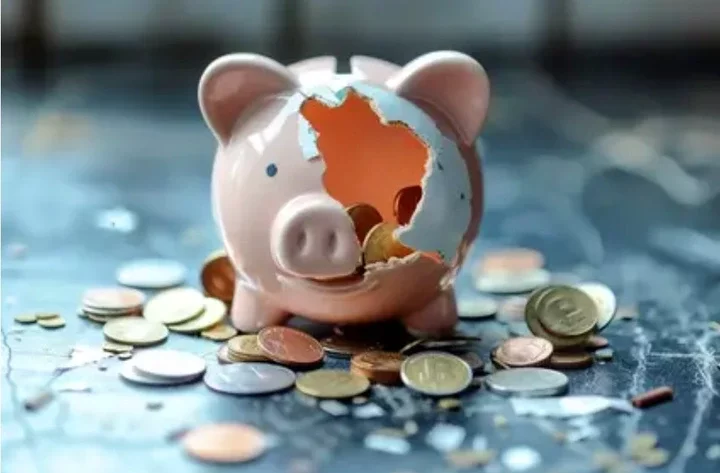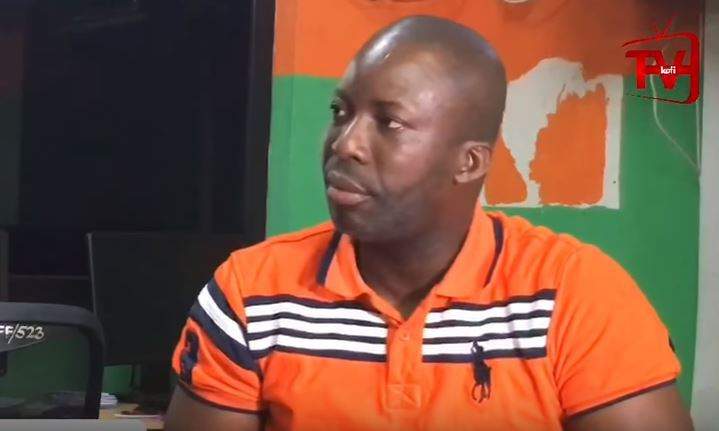
Money management is an essential skill that everyone should learn. However, for many people living in poverty, financial literacy is often lacking. Understanding how money works and how to make it work for you can be the key to breaking the cycle of poverty. In this blog post, we will explore 12 important things that poor people may not know about money.
1. Value Time More than Money
One of the most important things that poor people often overlook is the value of time. Time is a limited resource, and it is crucial to make the most of it. Instead of solely focusing on making money, it is essential to prioritize time management. Time spent wisely can lead to increased productivity, personal growth, and better financial decisions.
2. Spend Within Your Means
Poor people often fall into the trap of overspending and living beyond their means. It is crucial to develop a budget and stick to it. By spending within your means, you can avoid unnecessary debt and financial stress. Prioritize your needs over wants and make conscious spending decisions.
3. Seek Expert Financial Advice
Many poor people do not realize the importance of seeking expert financial advice. Consulting with a financial advisor or planner can provide valuable insights into managing money, investing, and building wealth. They can help you develop a personalized financial plan and guide you towards making informed financial decisions.
4. Put Comfort to the Side
Poor people often prioritize short-term comfort over long-term financial stability. It is essential to make sacrifices and delay gratification to achieve financial success. This may involve cutting back on unnecessary expenses, working extra hours, or taking on additional responsibilities. By putting comfort to the side, you can work towards a better financial future.
5. Start Investing With What Money You Have
Investing is often seen as something only the wealthy can do. However, even with limited funds, it is possible to start investing. Poor people should educate themselves about different investment options and start small. By investing early and consistently, you can benefit from compounding returns and grow your wealth over time.
6. Don't Keep Money Idle in a Savings Account
While having a savings account is important, poor people often keep their money idle in low-interest savings accounts. Instead, they should explore other investment opportunities that can provide higher returns. Investing in stocks, bonds, or real estate can be more beneficial in the long run and help grow your wealth.
7. Make Use of Other People's Money
Poor people often rely solely on their own money to make financial progress. However, leveraging other people's money can be a powerful tool for wealth creation. This can involve taking out loans for investments, starting a business with partners, or seeking financial support from investors. By using other people's money wisely, you can accelerate your financial growth.
8. Salary Will Not Create Wealth
Relying solely on a salary is unlikely to lead to wealth creation. Poor people should understand that a job income is limited, and it is important to explore additional sources of income. This can include starting a side business, investing in rental properties, or generating passive income through investments. Diversifying your income streams can significantly improve your financial situation.
9. Make Money While You Sleep
Poor people often trade their time for money, working long hours to make ends meet. However, it is crucial to develop passive income streams that generate money even when you are not actively working. This can include investments in stocks, bonds, real estate, or creating digital products. By making money while you sleep, you can achieve financial independence and build wealth.
10. Association with Poor People Will Make You Poor
The people you surround yourself with can have a significant impact on your financial mindset and habits. If you associate with people who have a negative attitude towards money or who struggle financially, it can hinder your own financial progress. Surround yourself with individuals who have a positive mindset, are financially successful, and can inspire and motivate you to achieve your financial goals.
11. Focus on Increasing Income Instead of Cutting Costs
While cutting costs is important, it can only take you so far. Poor people often focus solely on reducing expenses without exploring ways to increase their income. Instead of solely focusing on saving money, it is crucial to find ways to increase your earning potential. This can include acquiring new skills, pursuing higher education, or starting a business. By increasing your income, you can have more financial freedom and opportunities for wealth creation.
12. Anybody Can Make a Lot of Money
Lastly, poor people should understand that anyone can make a lot of money with the right mindset, determination, and hard work. It is essential to believe in your abilities and take action towards your financial goals. With persistence and a willingness to learn, you can overcome financial challenges and build the wealth you desire.
















Comments